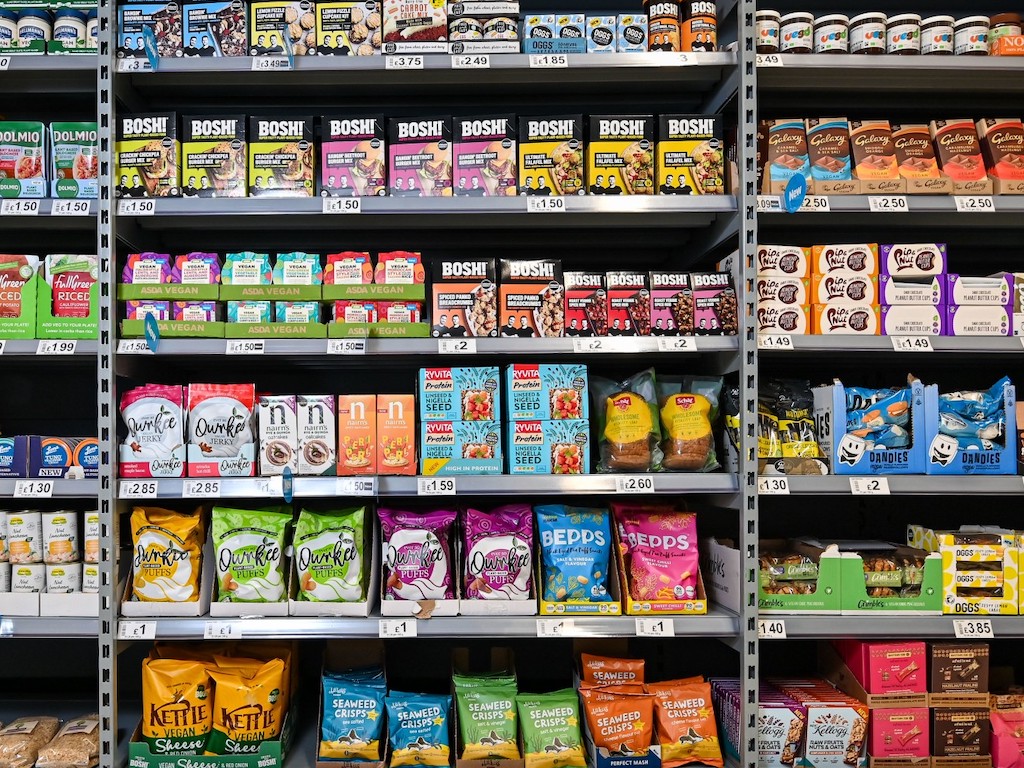3 Mins Read
The plant-based protein market is now worth US$10.3 billion, says a new report. Analysts cited the rising demand for protein alternatives within the food industry, particularly for pea-based protein sources, as key factors underpinning the value of the market. Driven by shifting consumer trends in high-growth markets in Asia-Pacific, the researchers expect the plant-based protein market to top US$15.6 billion within the next five years.
Reaching US$10.3 billion in value in 2020, analysts at data insights and market research firm ReportLinker say that the plant-based protein market will enjoy annual growth of 7.2% over the next few years to see its worth balloon to US$15.6 billion by 2026. The report by MarketsandMarkets, a U.S. based market research firm, was published on Monday (February 15) and cites rising demand for plant-based protein from the food segment as the main driver of the trend, thanks to shifting consumption habits towards animal-free, sustainable and healthier protein alternatives.
The primary categories within the food industry that are expected to drive up demand for plant-based proteins include the nutritional segment, which comprises products such as protein isolates and texturised proteins, as well as products and ingredients geared towards applications in plant-based meat and dairy alternatives, ready meals and snacks. Pea-based protein stands out as one of the most in-demand sources of plant-derived proteins, said the report.
Because wet processing technologies remain the mainstream production technique to manufacture plant-derived protein isolates for the food market, researchers believe that the liquid segment will see some of the highest growth rates in the forecast period.
“The liquid segment is projected to grow at the highest growth rate due to its major use in plant-based dairy, food and beverages, and nutritional supplements such as shakes and other healthy beverages.”
By region, Asia-Pacific is projected to record the highest growth within the next five years, thanks to rising vegan food consumption across key markets such as China, India and Japan.
Already, a number of Asian food giants have tapped into the plant-based opportunity, including China-based Herblink Biotech Corporation and ET Chem, as well as major agribusiness and CPG foreign players such Cargill, DSM and ADM, who have all recently established R&D and production sites in Asia, noted the report.
The liquid segment is projected to grow at the highest growth rate due to its major use in plant-based dairy, food and beverages, and nutritional supplements such as shakes and other healthy beverages.
ReportLinker
A number of other reports published in recent weeks have also made confident bets about the plant-based industry in the years ahead, with plant-based meat alternatives in particular highlighted as one of the biggest sectors to watch out for.
While Zion Market Research analysts believe that the global size of the plant-based meat industry will top US$21 billion by 2025, Polaris Market Research places the figure at US$35.8 billion by 2027. Both reports cite consumer health concerns amid the pandemic, renewed awareness of nutrition and sustainability as key factors driving the trend.
Within the plant-based meat alternatives market, Future Market Insights believes the plant-based beef segment alone could top US$16 billion by the end of the decade.
The value of the total plant-based food market, which includes meat and dairy alternatives, plant-based ingredients, proteins and distribution channels, is expected to reach US$74.2 billion by 2027, according to another report by Meticulous Research.
Lead image courtesy of Asda.




